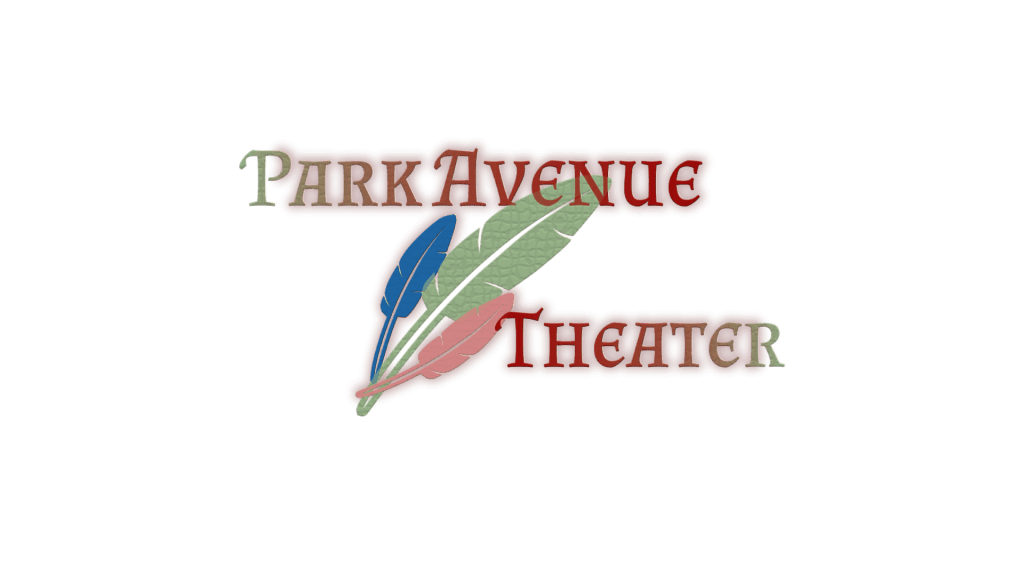Updated: Jun 1
Every year, we give our own twist to a Shakespeare play and King Lear is no different. We will give you four characters, all with their different views of the world. We want to invite the audience to see the struggle of one specific character. Split into groups at the beginning, the character will tell you their backstory. You will experience the play differently, depending on whether your perspective has been influenced by King Lear, Goneril, Edgar or Edmund.
For us as the actors of these characters, these introduction monologues offer us more of the character we’re portraying. The idea that certain audience members know what’s most important to the characters, means that both character and actor can look into the audience for support and strength. Not one audience member knows the whole picture, but those who know our picture can be counted an ally, or even complicit.
This week we will be highlighting Janna, who plays Edmund, the bastard son of the Earl of Gloucester.

Here’s her point of view on the perspective of Edmund:
“I had a clear idea about who this character was and what was important to him. For example, the love for his mother, who is constantly belittled whenever he is. I’m very happy that this is included in his monologue, as I feel it is the source of his drive. To have that be explicit in our version, gives me a strong foundation to build on. The sadness and anger are there, but his coping mechanisms are a lot more fun to dive into.
When going into the play, I would love for the audience to know that this dude has had a tough time with his father, but by the time the play starts, he is all or nothing. He’s smart, knows how to flip the script, at first offering his services to others and by the end of the scene, they are serving him. It’s a nice detail to look out for.
Hearing the perspectives of the other characters cements for me how difficult Lear’s world is to live in. They’re all fighting hard either to do the right thing or just to survive. I was fascinated with the world of the original King Lear, and it lends itself well for an unforgiving post-apocalyptic setting. And now here they are, struggling and not making it much easier on each other. The monologues about the perspectives really allowed us to make this play our own.”



